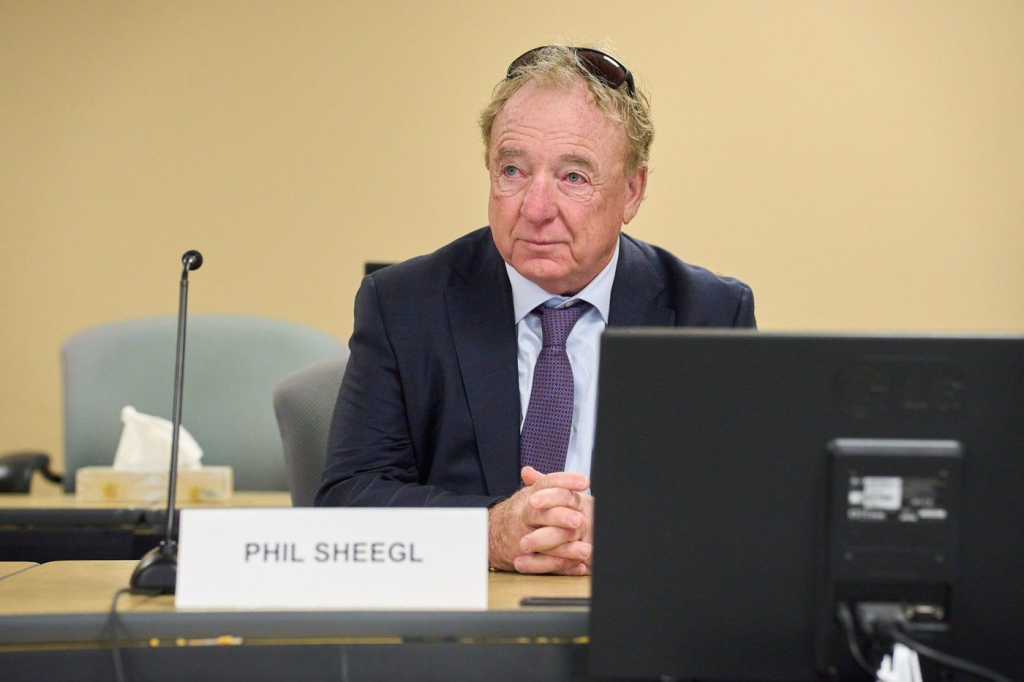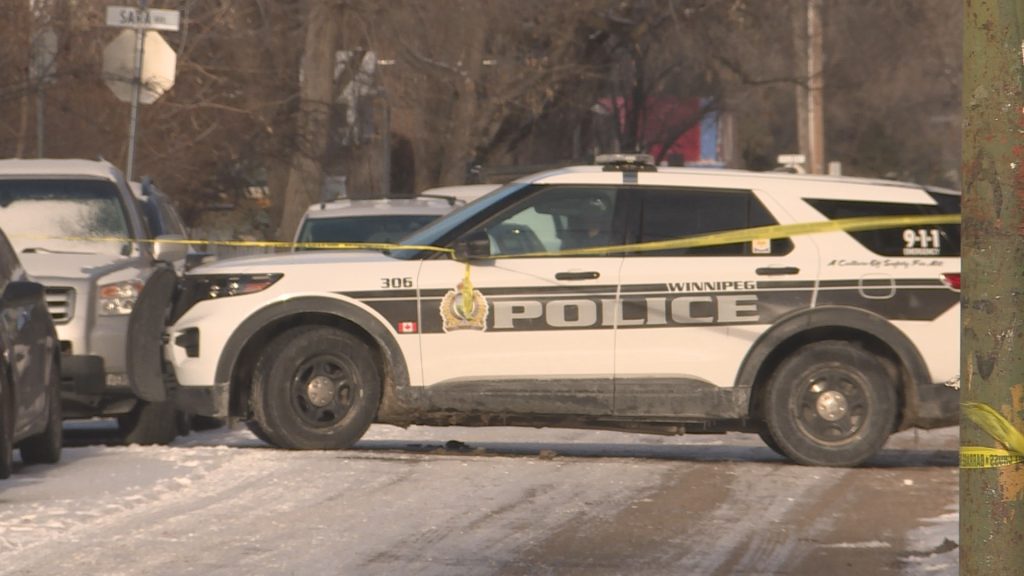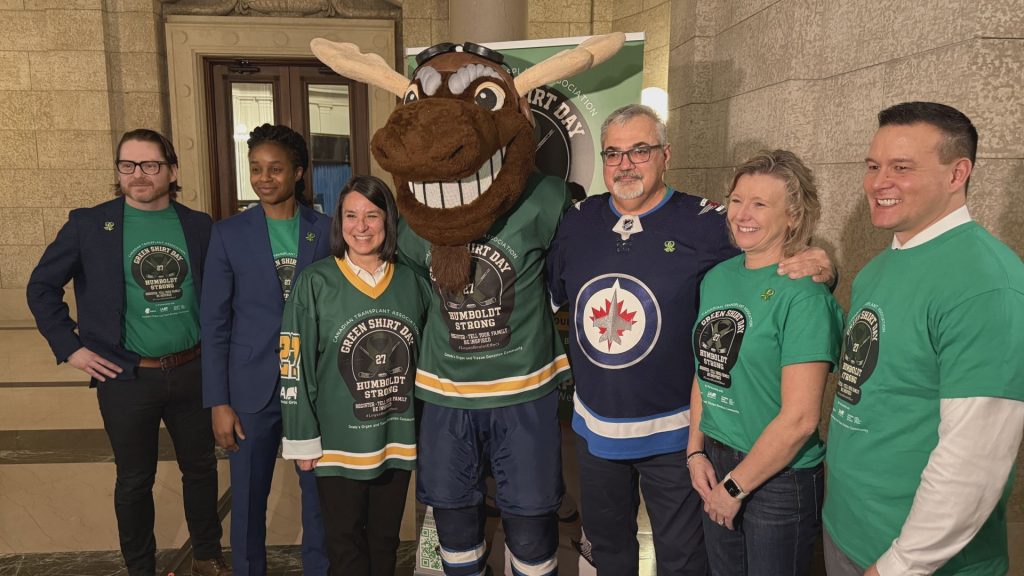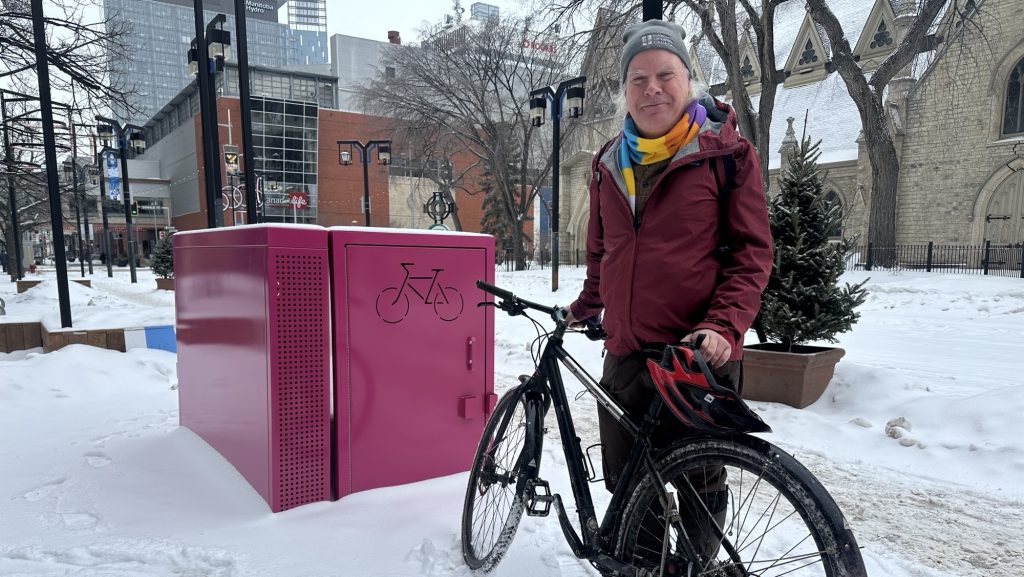Manitoba Premier Brian Pallister not seeking re-election in 2023

Posted August 10, 2021 3:54 pm.
Last Updated August 11, 2021 10:07 am.
WINNIPEG (CityNews) ─ Embattled Manitoba Premier Brian Pallister announced he would not be seeking re-election in 2023, and a new leader will be chosen before the next provincial election.
The 67-year-old made the announcement from the Progressive Conservative caucus annual retreat in Brandon, Man. He spoke briefly and did not take questions from reporters.
“After almost 10 years as leader of our party and more than five years as our province’s premier, I believe that now is the time for a new leader and a premier to take our province forward,” he said.
Pallister said the decision was not easy but it was right for the party, his family and the province.
“I don’t think there’s a better time than now for me to step aside.”
This comes on the heels of weeks of controversy and political friction within the Progressive Conservatives, triggered by Pallister’s remarks about Canadian history that were denounced by Indigenous leaders, publicly criticized by members of his party and led to the departure of one of his cabinet ministers.
The leader of the Progressive Conservatives was first elected premier of Manitoba in 2016 and was re-elected for a second term in 2019.
Pallister had been embroiled in controversy since comments made on July 7 when he denounced people who had toppled two statues of Queen Elizabeth and Queen Victoria on the grounds of the legislature in a protest over the deaths of Indigenous children at residential schools.
In response, Pallister said people who came to Canada − before and after it was a country − did not come to destroy but to build communities, businesses and churches.
Pallister says he’s proud of his legacy, says Party has faced numerous challenges, touches on his party’s balancing of the provincial budget as high point.
“This is the right time,” Pallister tells reporters. Says it’s the right time for his family, the party and #Manitoba.
— ???????????????????????? ???????????????????????????????? (@_MorganModjeski) August 10, 2021
Indigenous leaders said the premier downplayed the harmful effects of colonialism, and Pallister initially stood by his comments. He said he meant to convey that Indigenous and non-Indigenous people often worked together to build Canada.
READ: Manitoba cabinet minister hints at trouble with premier’s remarks on Canadian history
Some members of the Progressive Conservative caucus distanced themselves from Pallister’s remarks − in some cases with rare public statements − and Winnipeg Mayor Brian Bowman called on the premier to apologize.
NDP Opposition Leader Wab Kinew said he believes those comments are the reasons for Pallister’s departure and criticized the premier for “quitting during the pandemic.”
“It’s not just been about Mr. Pallister. It’s been the entire PC caucus and his party that has supported his decision every step of the way that has caused Manitobans so many problems these past few years,” Kinew said.
Manitoba Liberal Leader Dougald Lamont called it a “turning point for Manitoba,” after “an incredibly tough year.”
“We’ll see whether the PC party is able, at all, to shake loose of Pallister’s legacy,” Lamont said.
“Yes, today Brian Pallister is stepping aside. But I think he’s going to be a spectre that haunts the PCs for the next few years.”
WATCH: Manitoba Liberal Leader Dougald Lamont’s reaction to Pallister not seeking re-election
Clarke resigns; Lagimodiere stirs controversy
One week later, the Indigenous relations minister, Eileen Clarke, resigned from cabinet.
In a subsequent social media post on her personal Facebook page, Clarke said “it is not my intent to divide or be disrespectful, but I do feel transparency is required.
“Strong leadership is required to heal and bring our province and country together in harmony, it can not be done by one individual. Inappropriate words and actions can be very damaging.”
WATCH: Manitoba’s Indigenous Relations Minister resigns from cabinet (July 14)
Clarke’s replacement, Alan Lagimodiere, then stirred up more controversy.
Within an hour of being named to the cabinet post, while answering questions from reporters, Lagimodiere defended some of the intentions behind residential schools. He said people at the time thought they were doing the right thing and the schools were originally aimed at teaching skills to Indigenous children.
Lagimodiere, who is Metis, issued a full apology the next day and visited First Nations communities on what he called a “listening and learning journey.”
“It wasn’t just cultural genocide. They weren’t just attempting to erase the culture,” Lagimodiere said in his apology.
“Sir John A. … his plan was to eliminate Indigenous people from Canada, and that to me is genocide.”
WATCH: MB minister asking ‘forgiveness’ after comments on residential schools (July 16)
Pallister apology met with criticism
On Aug. 3, Pallister spoke to the media for the first time since the July 7 remarks, and took them back. He said his words were misrepresented as support for colonialism or residential schools.
“I feel awful about the reaction and the misunderstanding I created with my comments,” he said at the Aug. 3 press conference. “I should have been clearer in my comments but my heart was in the right place.”
READ: Manitoba premier sorry for creating ‘misunderstanding’ about Canadian history
Opposition NDP Leader Wab Kinew said the premier’s apology was insincere.
The Manitoba Tories had dropped sharply in recent opinion polls, and Pallister had previously hinted he would retire from politics before the next election in 2023 while never directly providing an answer.
“You’ll be among the first to know if that’s the decision,” he told reporters on Aug. 3.
─With files from Steve Lambert and Kelly Geraldine Malone








